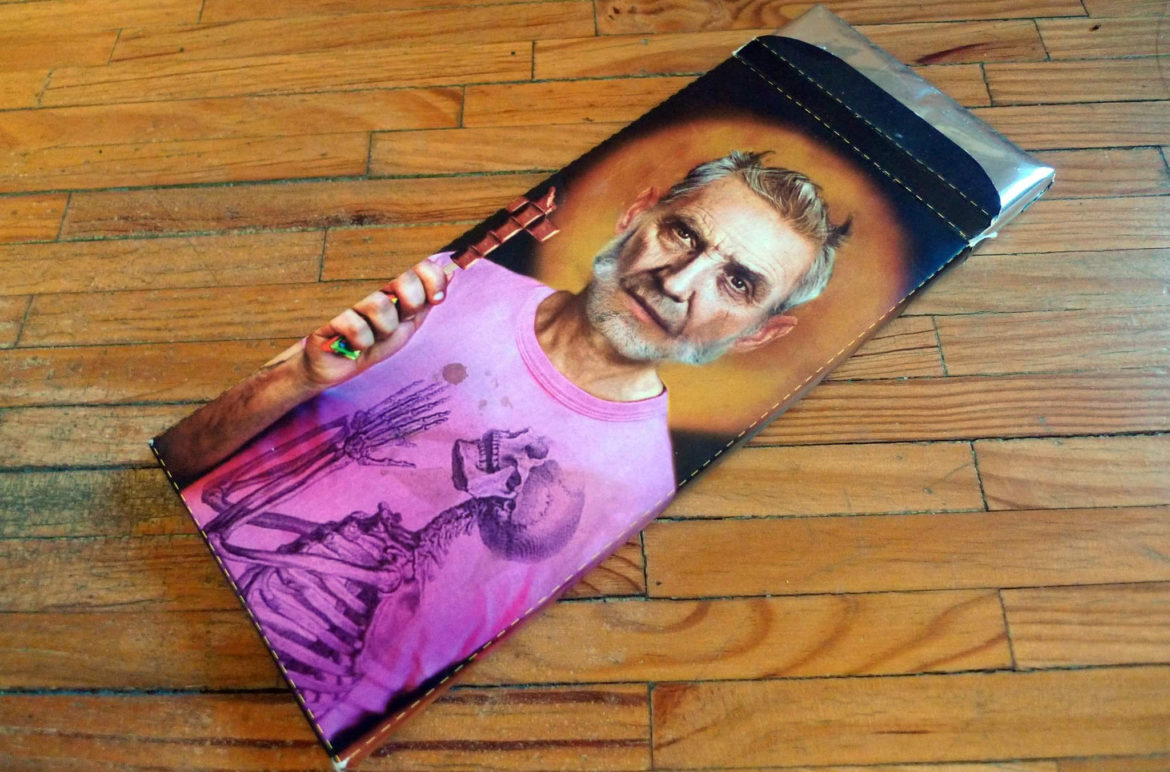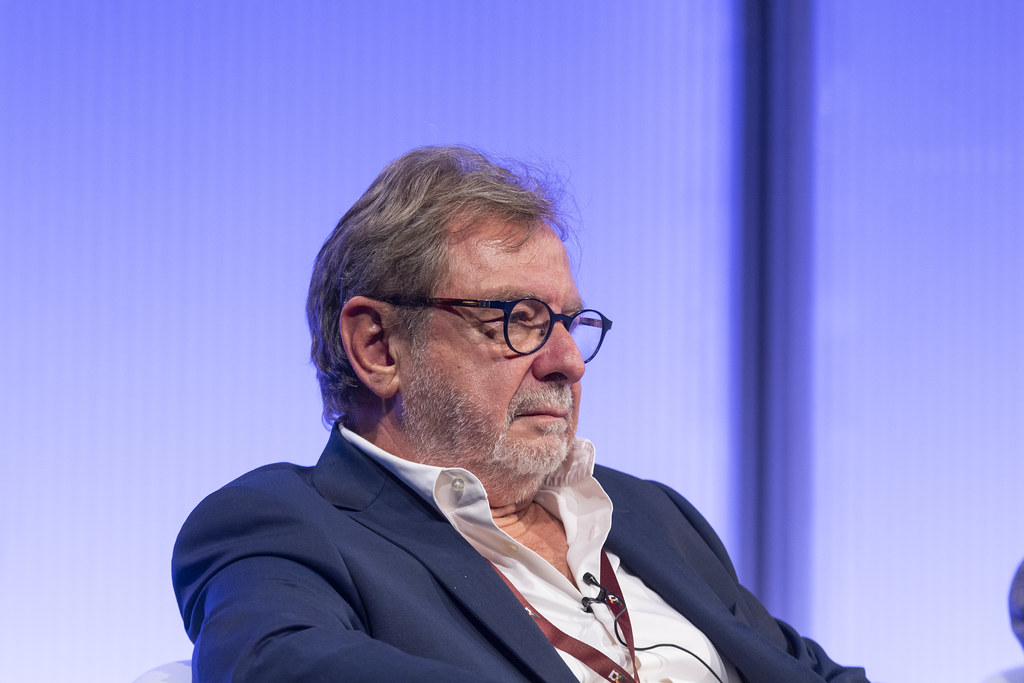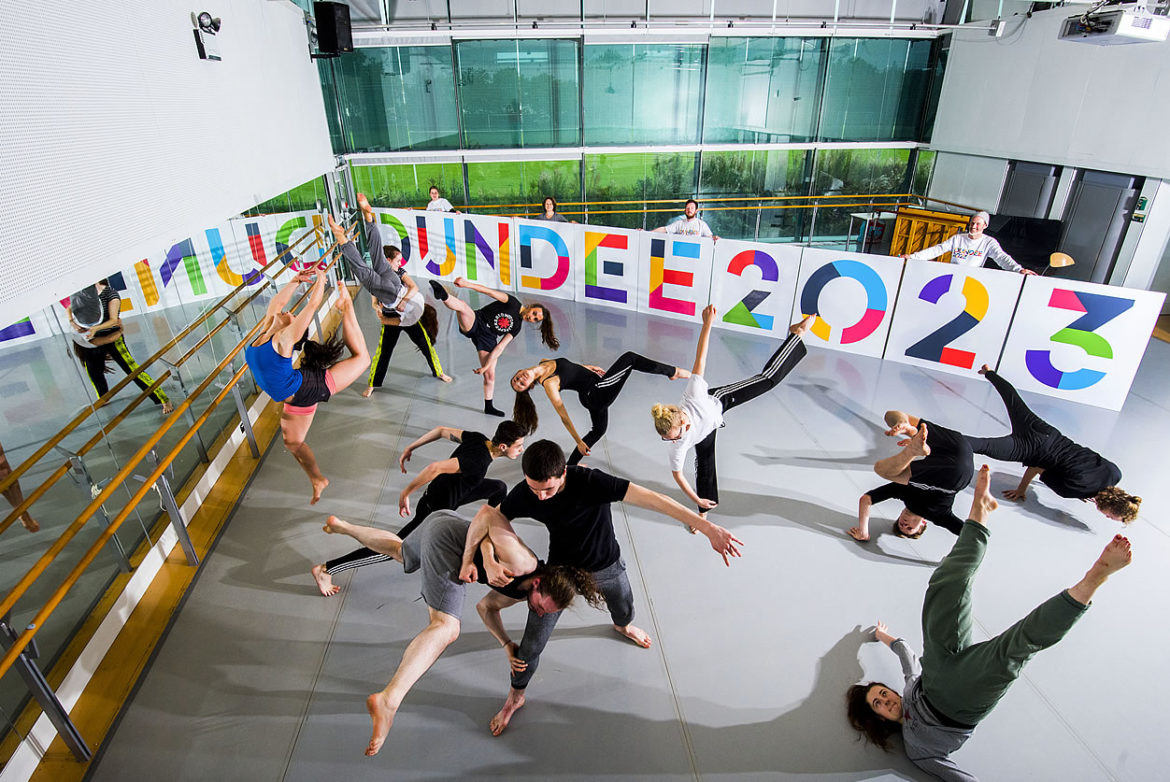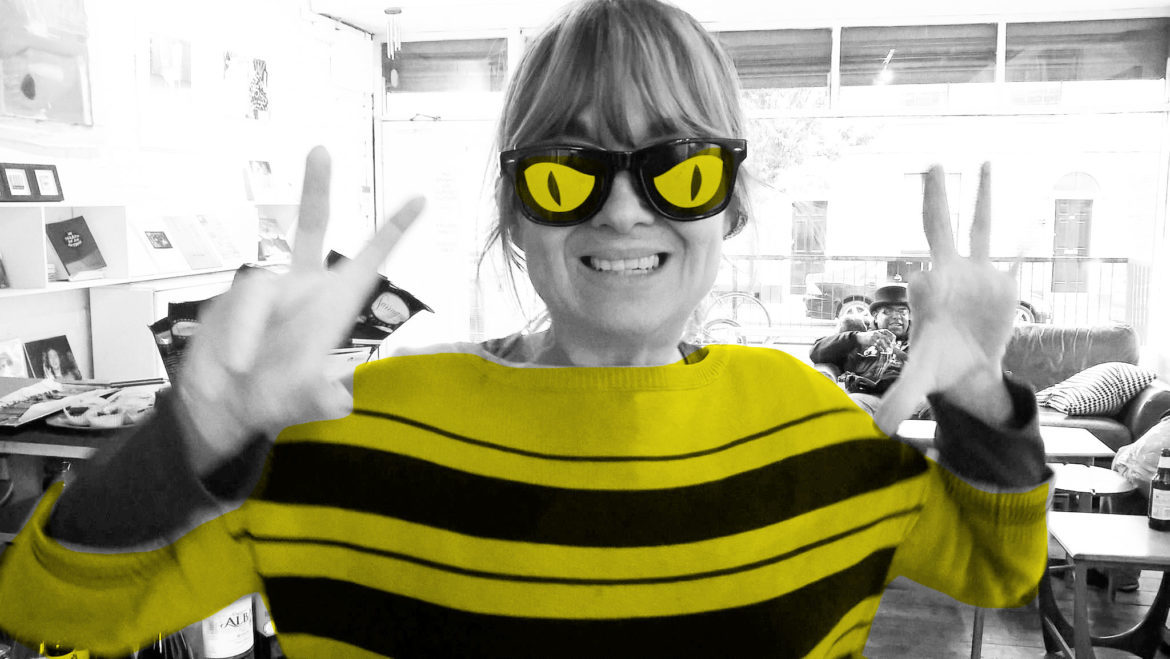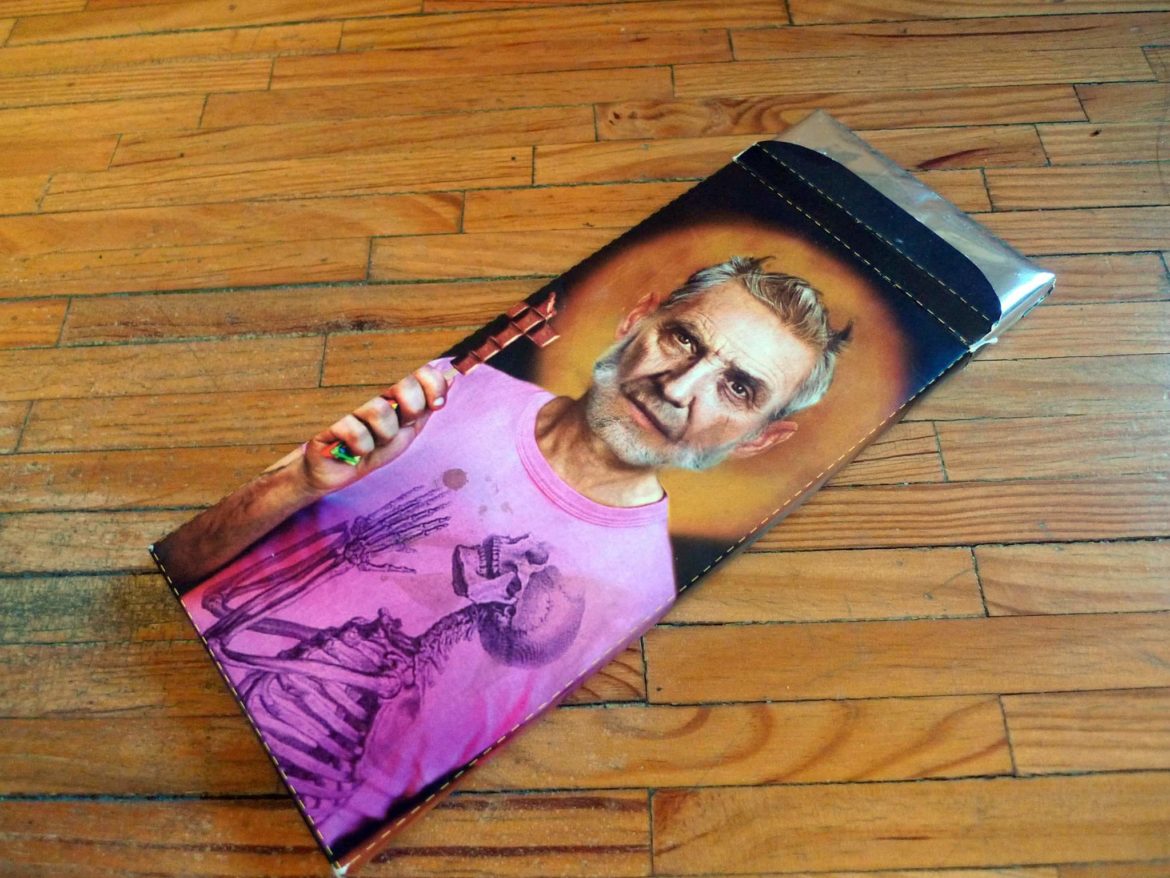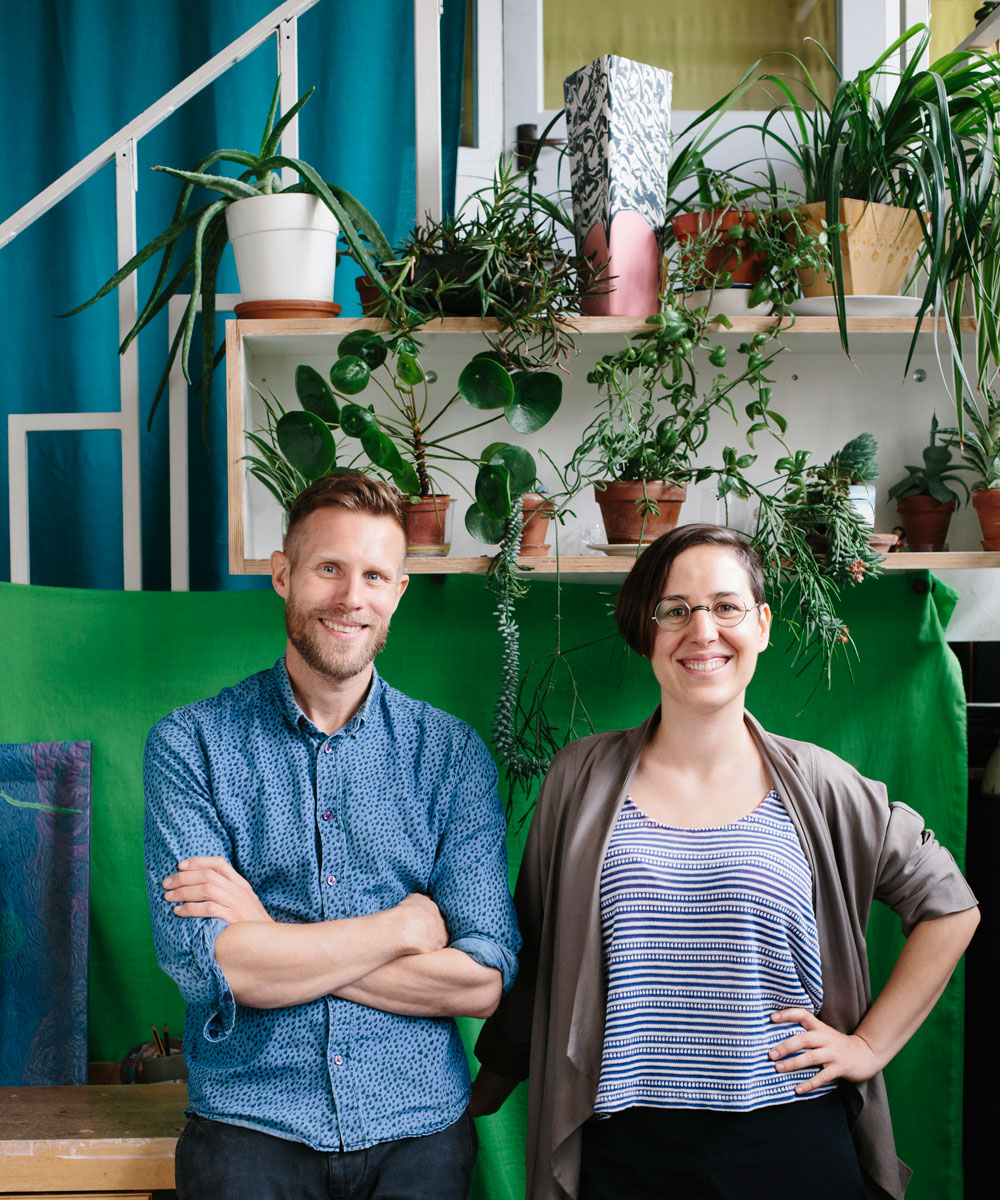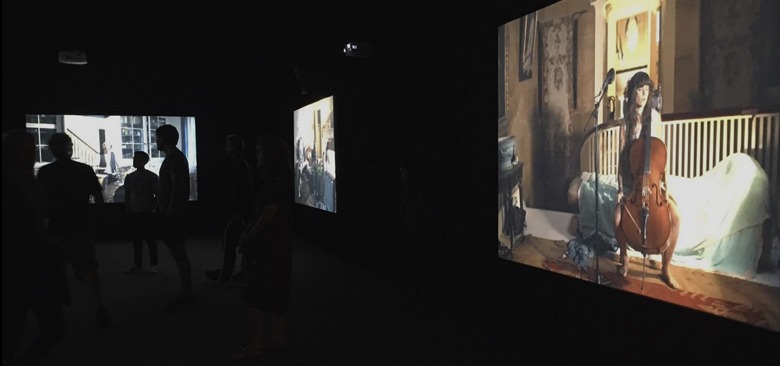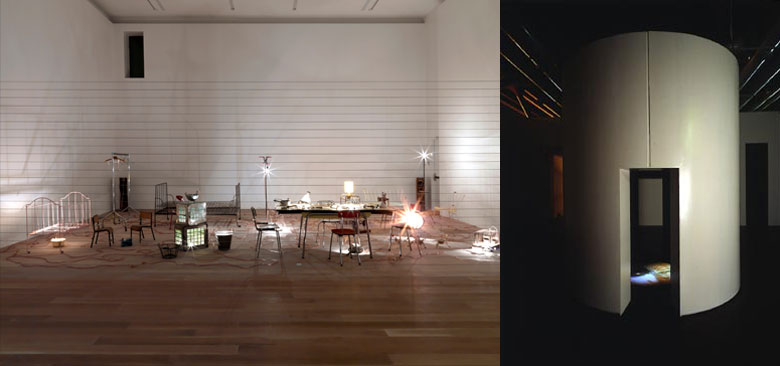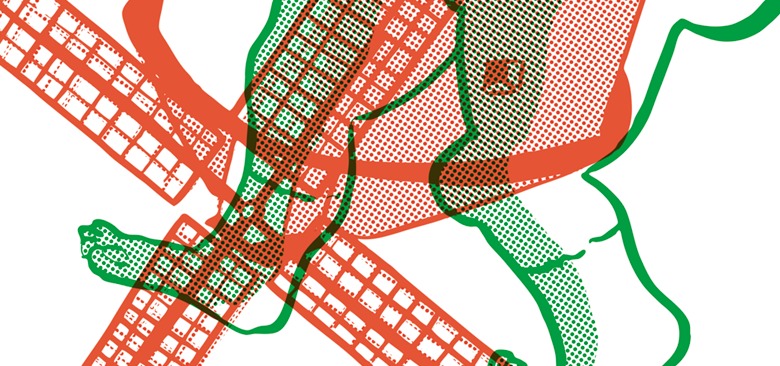[su_note note_color=”#f4f4f4″]We have a wide variety of articles and interviews from our printed issues, released now in its on-line version, to help our readers to spend some time reading due to the confinement caused by #COVID19. Like this one, about gastronomy and chocolate, two passions which help us to survive and dream before to come back to the “real” life!/ Illustration: © Pablo García García. [/su_note]
Chocolate requires neither introduction nor translation. It is known by most people all over the world and can be considered, as an ingredient, the stuff of dreams for any chef.
Be it from Ecuador or Central America, it is as yet unclear where chocolate was first offered up to warriors and the gods. What is clear is that it was from the Latin part of the continent that, along with all its cultural significance, this divine gift arrived, uniting and dividing the gourmands of all Europe across the centuries.

